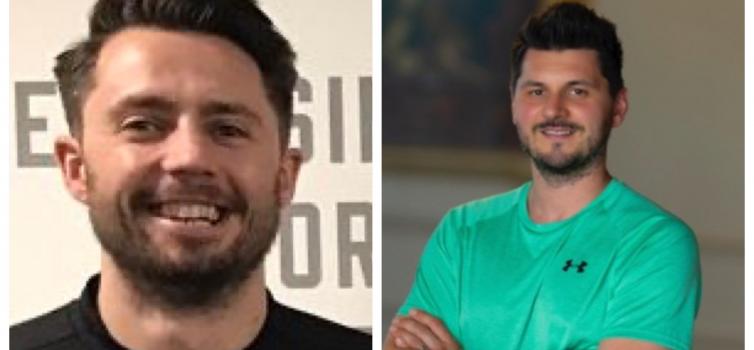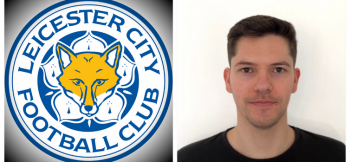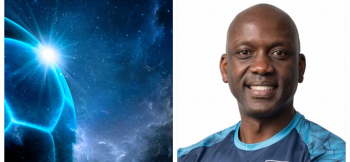Why Chelsea and Spurs split their physios into performance and rehab

Left: Ed Richmond, Performance Physio at Chelsea; right: Richard Clark, Lead Rehab Physio at Tottenham
Written by Simon Austin — August 8, 2024
In the old days, a physio was a physio.
Now, top clubs are beginning to split their department between Rehab and Performance Physios. As the name suggests, the Rehab Physio focuses on injured players and helping them towards full fitness.
The Performance Physio focuses on the matchday squad, often working pitchside, as well as on prehab (injury prevention).
Tottenham are one of the clubs that have this structure, with Richard Clark as their Lead Rehab Physio and Matt Davies as Lead Performance Physio.
Clark was previously Clinical Lead for the Royal Ballet before joining Tottenham in September 2022 and describes his role as having “oversight of injury rehab plans and pathways for all injured players”, as well as “co-ordinating the MDT centring around a player’s injury rehabilitation.”
In addition there is “oversight of injury rehab plans and pathways for all injured players.”
There is some crossover between the rehab and performance teams, with Clark providing “matchday support on a rotational basis” and “supporting first-team players with training preparation and recovery strategies.”
Alexandros Stefanakis this year became Performance Physio at QPR and describes his role as ”specialising in movement analysis to formulate advanced injury prevention strategies.”
There is also “conducting effective analysis of individual players and investigating their physical and psychological needs, providing appropriate prehabilitation programme.”
Chelsea are another club to have implemented this structure, with Fearghal Kerin (who will be leaving the club in October) and Stuart Vaughan as Rehab Physios and Ed Richmond and Martin Baker as Performance Physios. Chelsea have also rolled this structure out into their Academy.
Dave Fevre is an football physiotherapy legend, having been Manchester United’s Head Physio when they won the Treble in 1998/99, as well as working for Blackburn Rovers, Leicester City, Great Britain Rugby League and Wigan Rugby League during a career spanning more than three decades.
Fevre also worked for Chelsea’s medical team as a consultant from January to August 2023.
He told TGG: “More big clubs are starting to have this distinction, with the Performance Physios focused on matchday and trauma and the Rehab Physios on gym and pitch-based rehab.
“You could say it’s becoming more specialised and also reflects the fact that clubs are now able to have bigger staffs. Some physios like doing the matches and vice versa.
“When I was at Manchester United, you were both (performance and rehab) and got on with it! It was the same when I worked for Barrow recently - it was just me and a sports therapist.
“You definitely still need a link between the two areas, which is down to management of the department and recruitment of staff. I think it’s also good to develop a range of skills and experience as a physio, as you can find that some of the younger physios haven’t done outdoor rehab, for example.”








-1.png)





